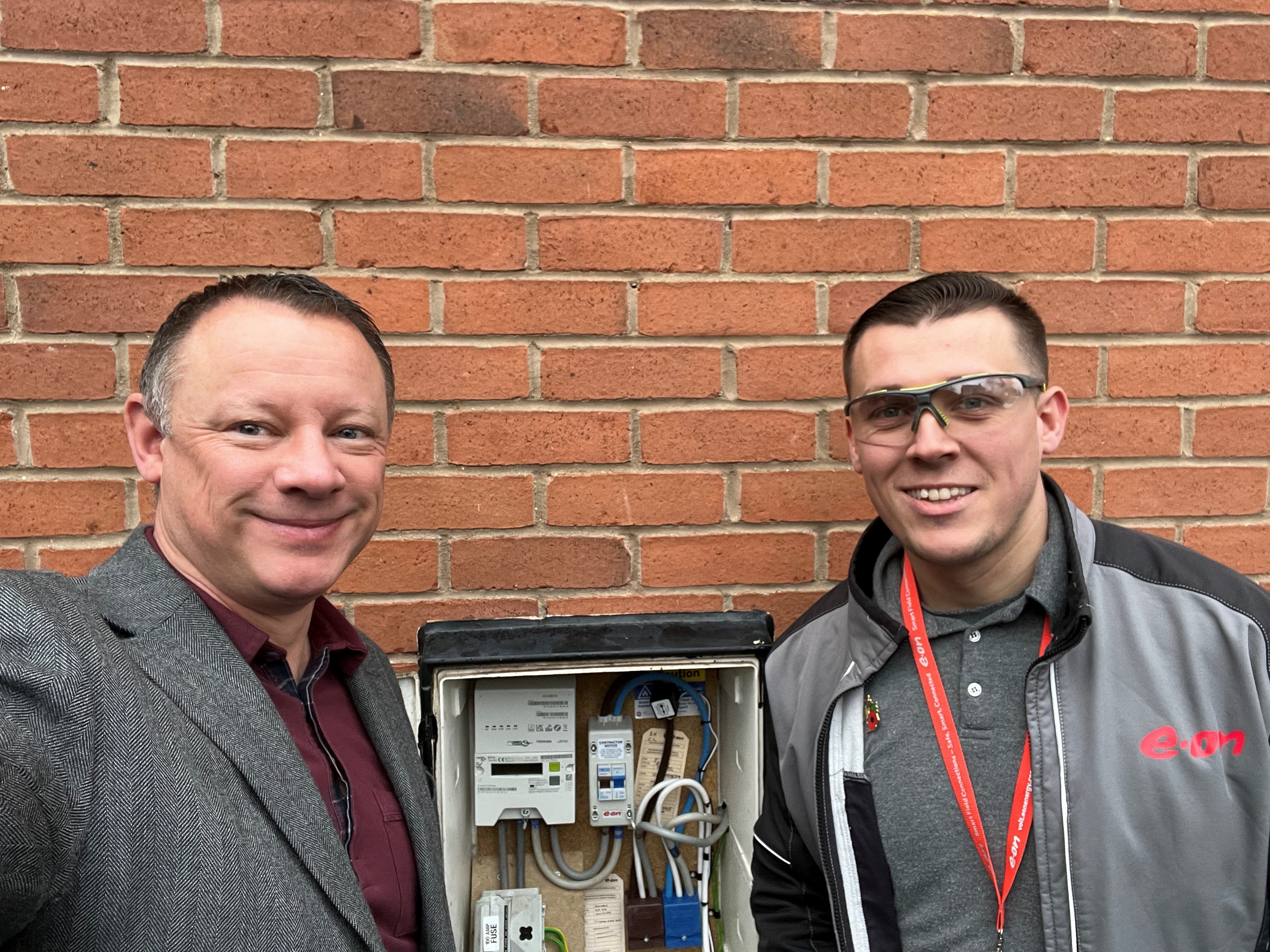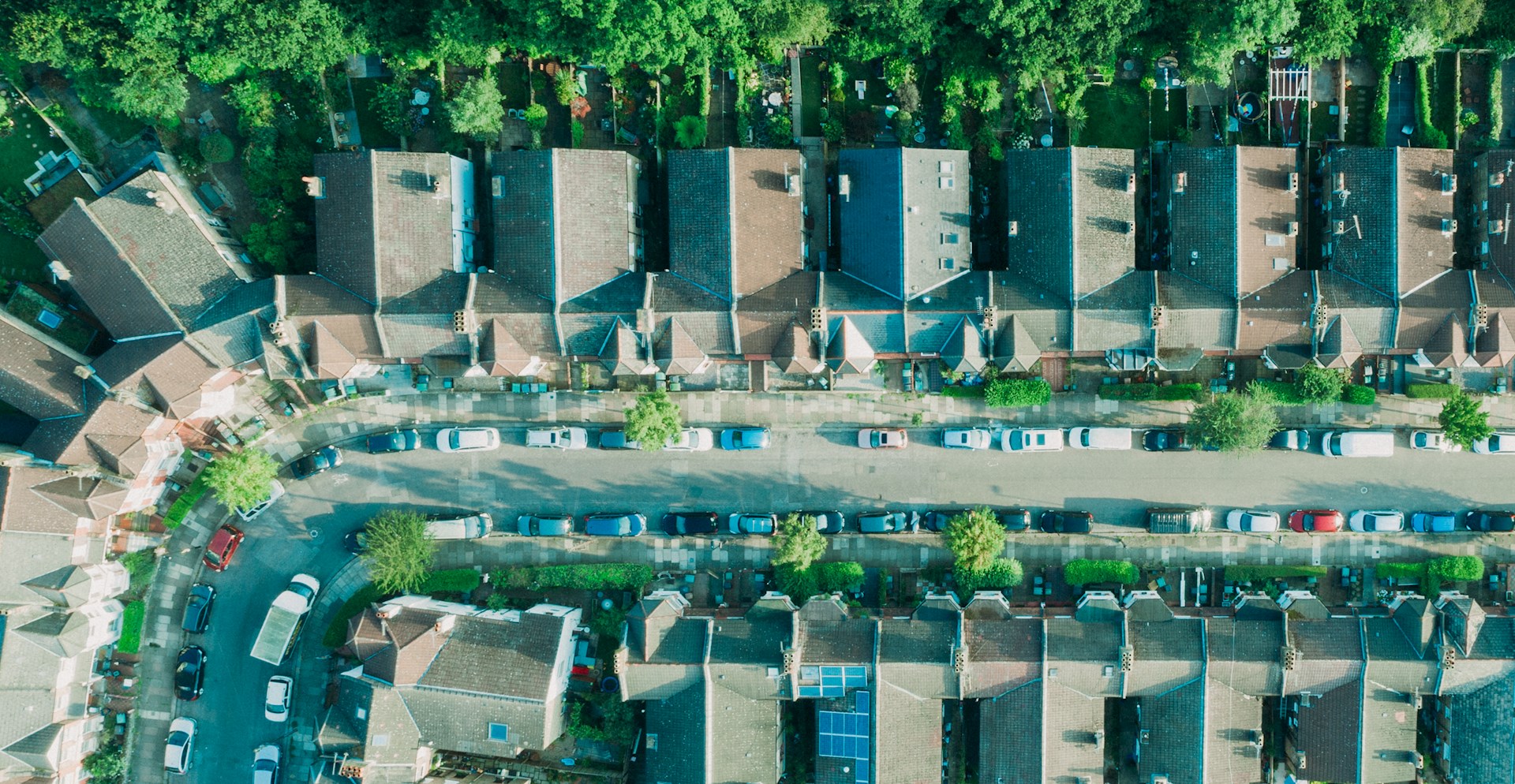This week marks a major milestone in our journey to connect Britain to enable smarter, greener lives – the first 4G Communication Hubs are being installed in homes across the country. Communications Hubs take local messages from smart meters and send them securely across the national network run by the DCC, making them vital to the smart metering system.
These new 4G Communication Hubs have been created in collaboration with Accenture, Toshiba, Vodafone & CGI plus assurance services from Deloitte, and I’d like to thank each of these organisations for the critical roles they have played in the 4G programme.
These 4G Hubs are an evolutionary leap forward from our existing infrastructure. Currently, first- and second-generation smart meters (SMETS1 and SMETS2) in the central and south regions of Britain connect to our network using 2G and 3G cellular signals. But these networks are due to be turned off by 2033, so a new solution was required.
The 4G programme however doesn’t just seek to replicate the old functionality with newer technology. We’ve taken the chance to build something better.
The 4G programme however doesn’t just seek to replicate the old functionality with newer technology. We’ve taken the chance to build something better. We've collaborated with Vodafone, for network connectivity, and Toshiba, for manufacturing, to build these 4G Hubs such that they will deliver direct benefits to energy suppliers and network operators, helping to drive flexibility, and maintain grid balance and stability, and allow deep insight into consumption patterns and network performance.
While this is a planned upgrade, forming part of the expected maintenance arrangements for the enduring smart metering system in Great Britain, it’s also a crucial step in enhancing the network’s capabilities and delivering on the benefits that smart meters promise.

Smart meters, and the data they transmit over our network, are poised to play a part in tackling some of the major challenges of our time.
Leveraging smart data can help reduce carbon emissions, aiding in the fight against climate change, or can be used to build a fairer energy system that supports people facing fuel poverty.
This week marks the start of the real-world testing of these 4G Communications Hubs. Around 10,000 Hubs will be installed in the coming months as part of our validation process. We will be keeping a close eye on every stage of this test – from initial connections, to data transmission; from security monitoring, to network stability.
Following a successful test, we’ll be rolling out 4G Communications Hubs as standard from summer 2025. Given that 2G/3G networks will be phased out by 2033, that gives us and our partners eight years to ensure connection continuity for around 24 million smart meters – a huge challenge, but one we are confident we will achieve.
Tom Stockwell, Head of Critical National Infrastructure at Vodafone – whose 4G infrastructure will connect the new Hubs to our network – has said,
"We are delighted to collaborate with DCC on this significant milestone.
"The installation of the first 4G Communication Hubs in UK homes marks a major step forward in future-proofing the smart metering network. We now look forward to working together to support the continued rollout of 4G Smart Hubs to millions more in the future.”
Hundreds of staff from right across DCC have been instrumental in making this happen – and I want to say thank you to every person and team who have had a hand in today’s announcement. I also want to extend my thanks to our partners and suppliers, without whom this work wouldn’t be possible.
Millions of homes are already seeing the benefits of smart meters across Britain, and millions more will too in the years to come. And even though today’s news marks the start of a new challenge, it’s also a moment that I believe shows DCC at its best. Hundreds of my colleagues have worked with stakeholders across government and industry to deliver a long-term solution that will benefit the nation for years to come, and I couldn’t be more proud.

Mike Hewitt
Chief Technology Officer
You may also like





